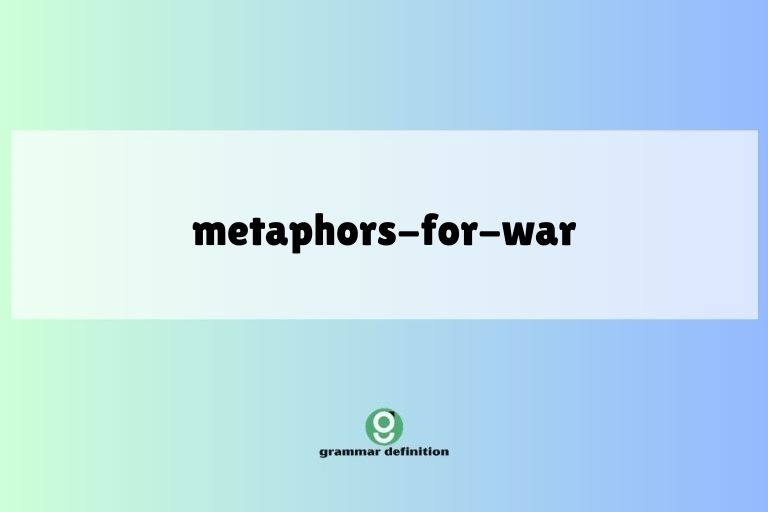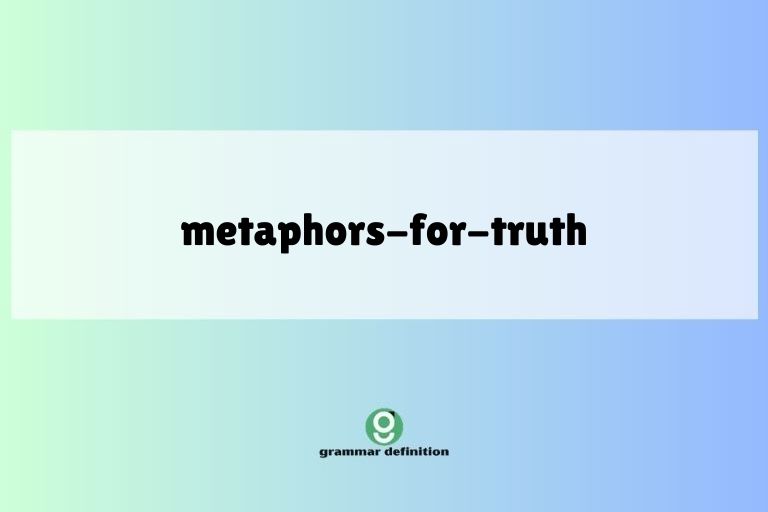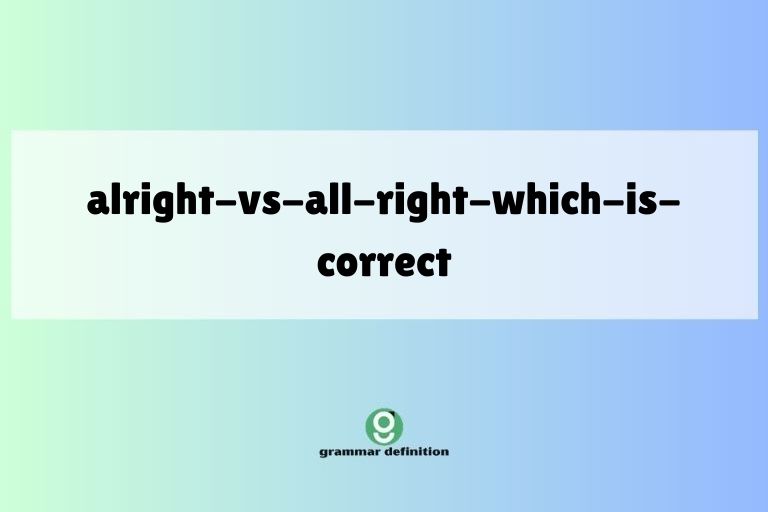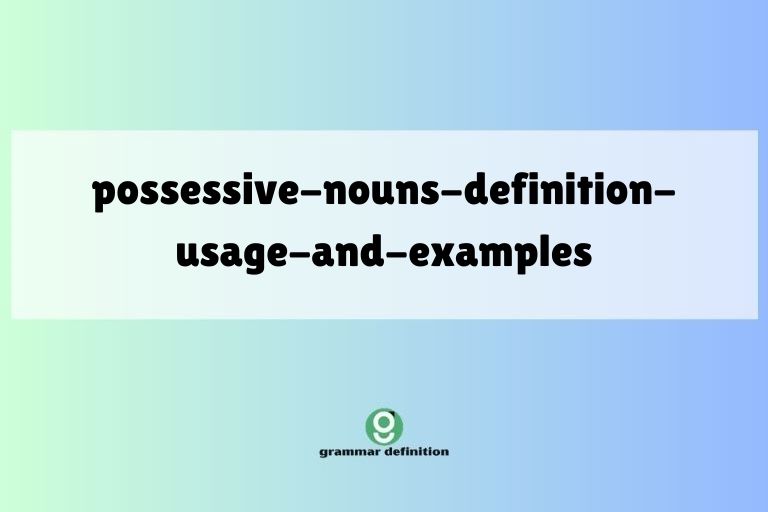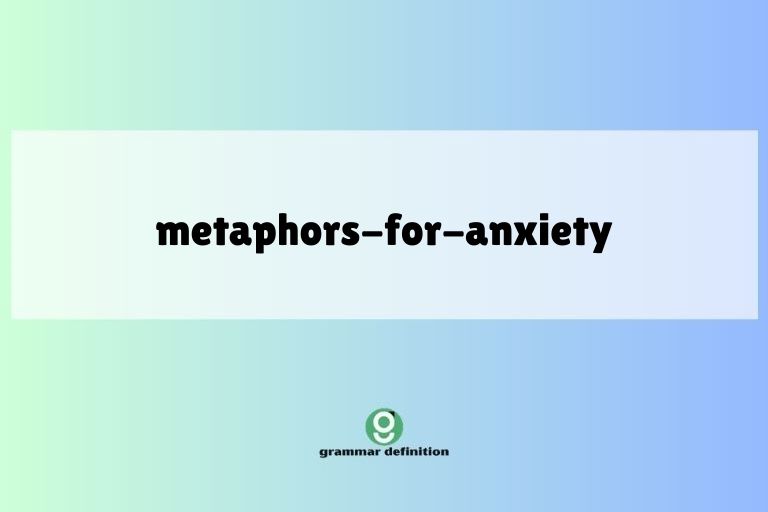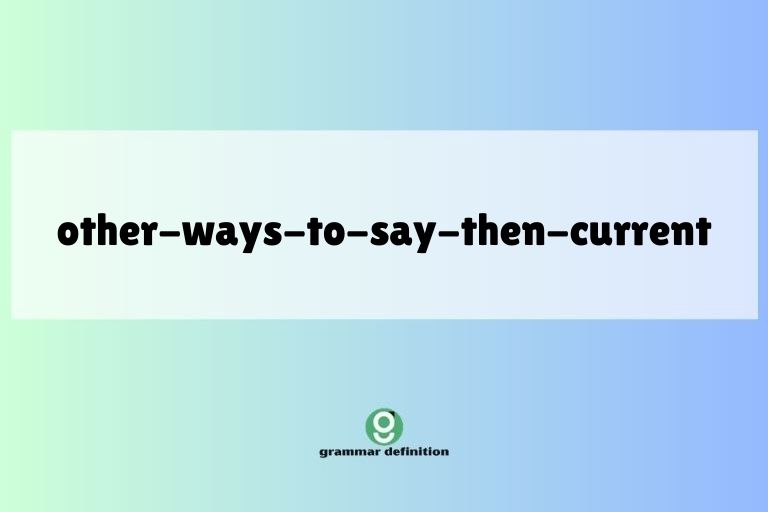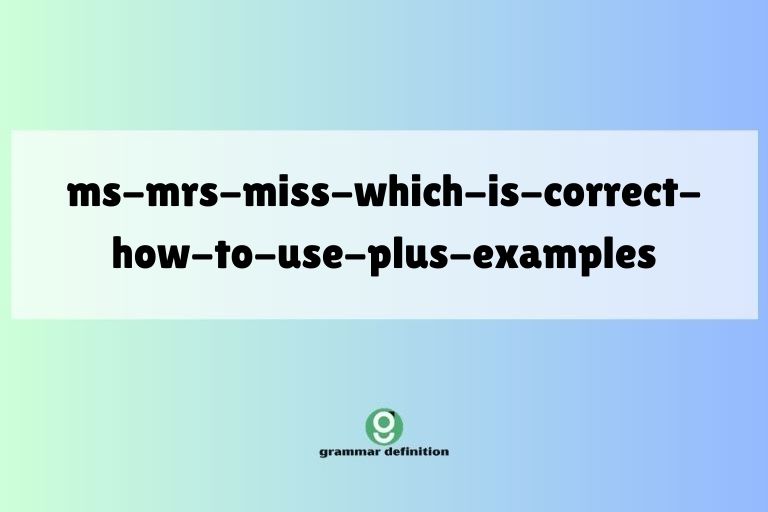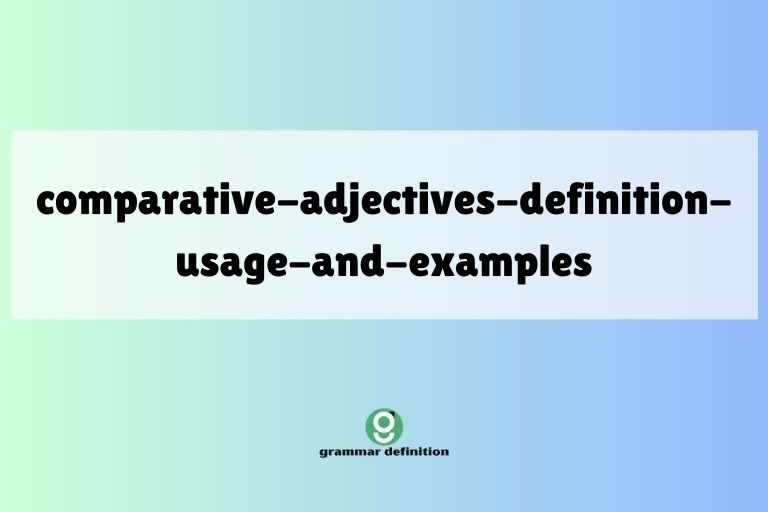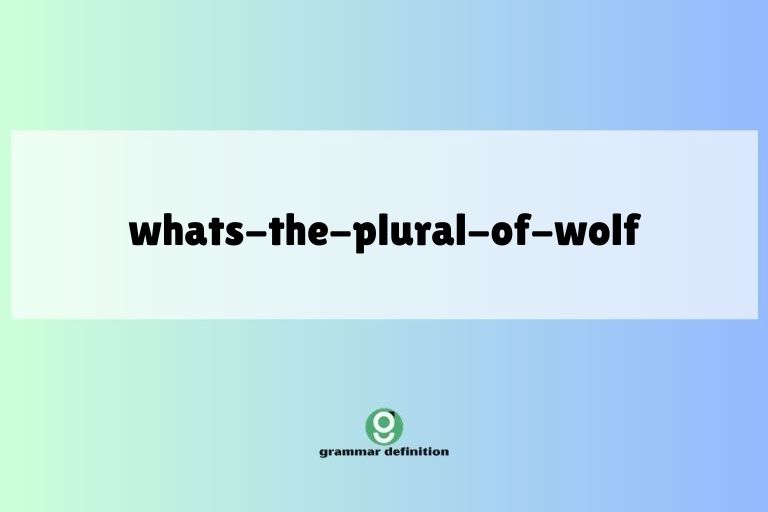Metaphors for War: A Comprehensive Guide
Understanding metaphors for war is crucial for interpreting political discourse, literature, and everyday communication. These metaphors shape our perceptions and emotional responses to conflict. This guide explores various types of war metaphors, their structural elements, usage rules, and common pitfalls. It is designed for English language learners, students of rhetoric, and anyone interested in the … Read more

